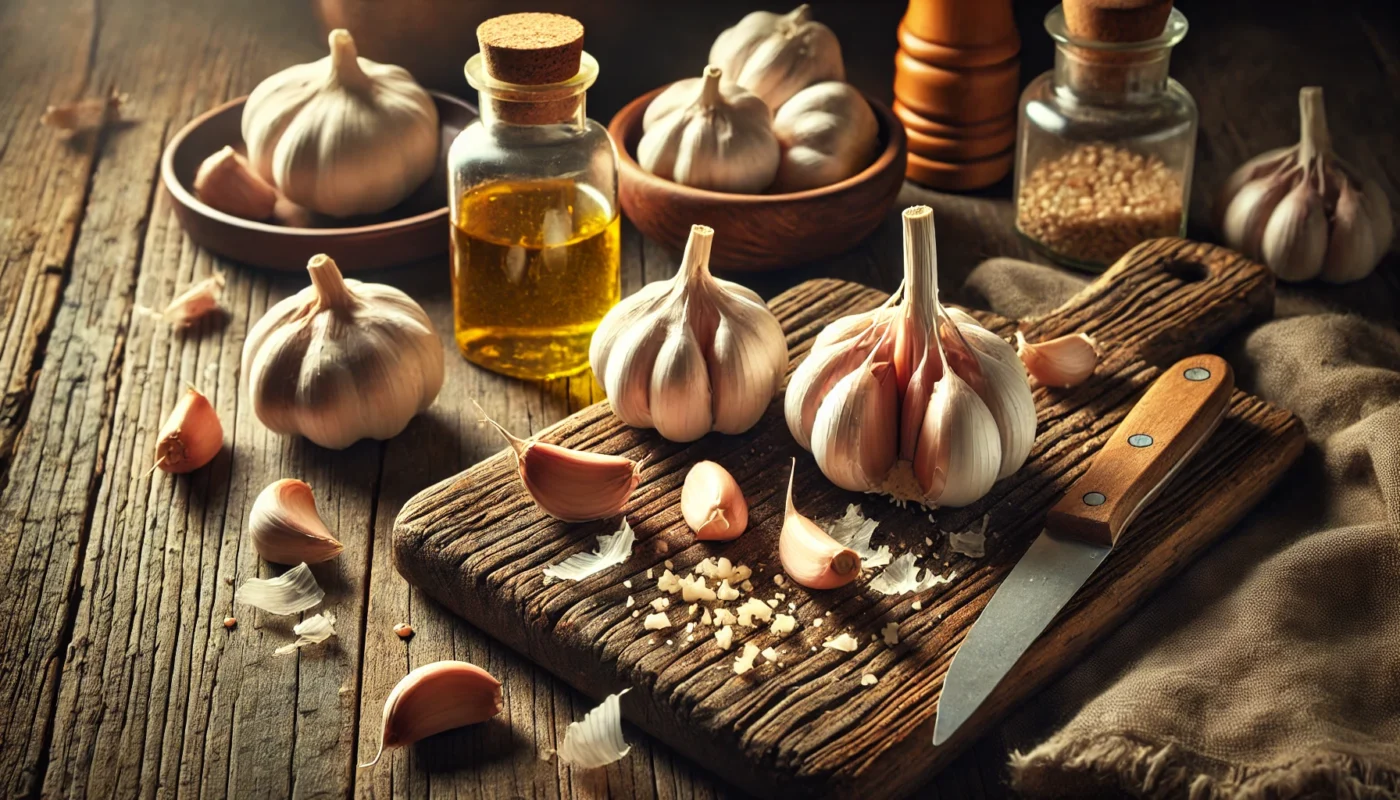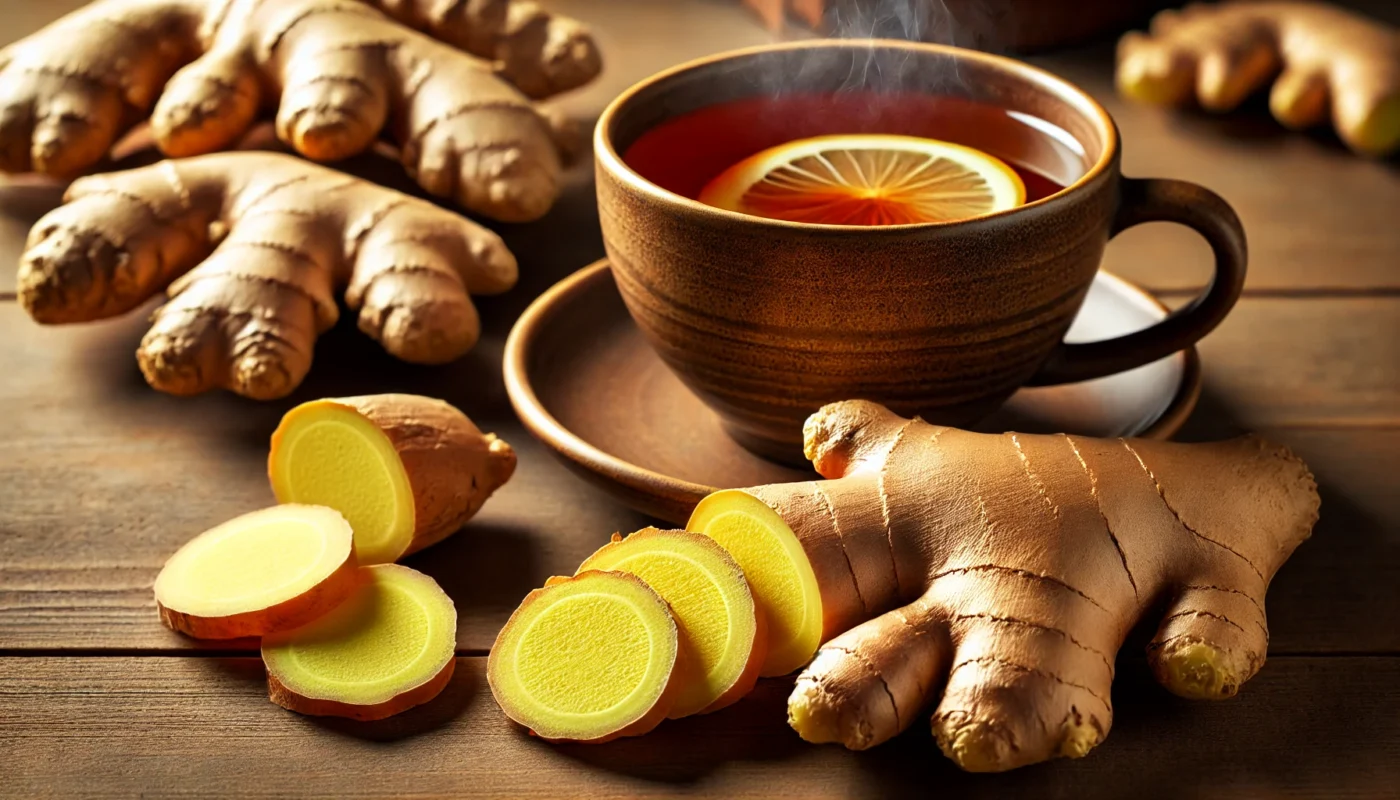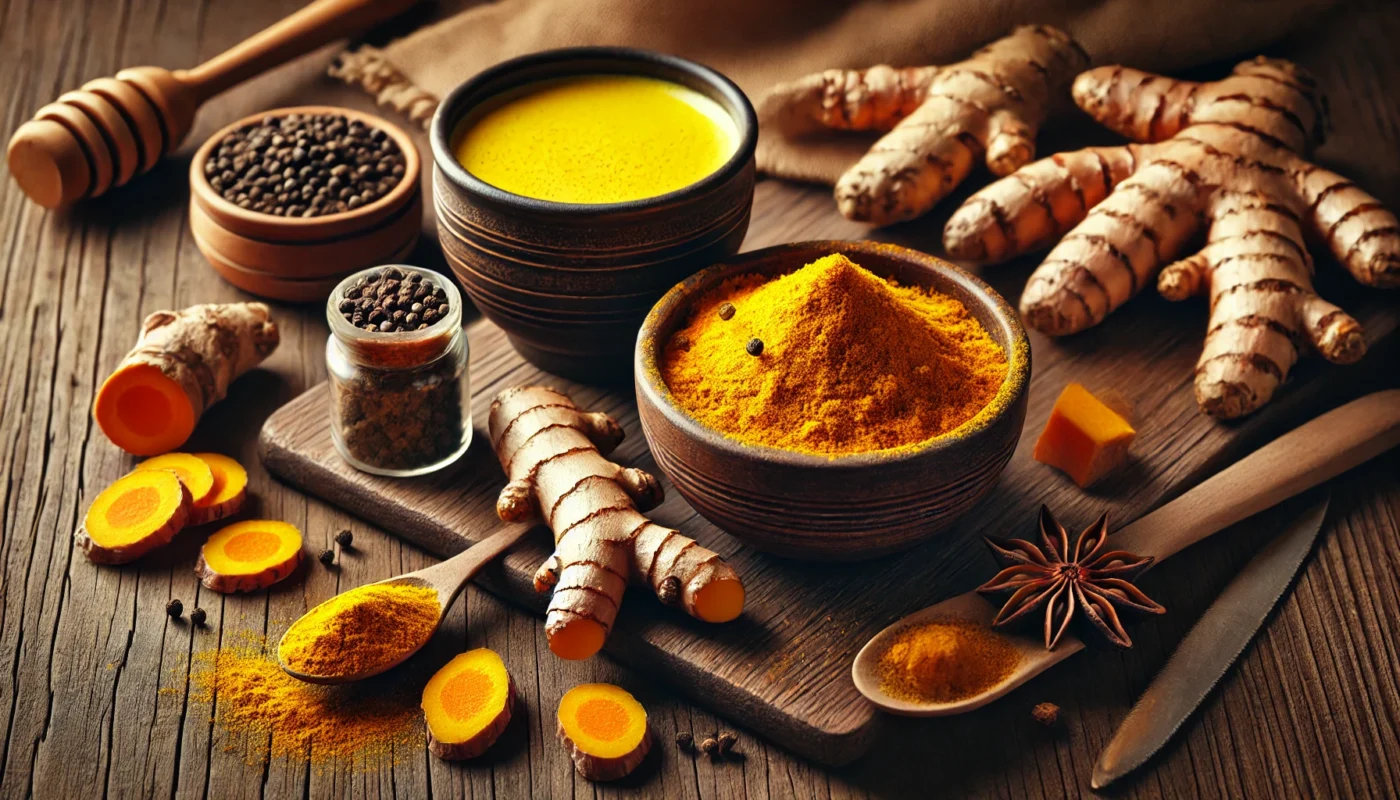The human body is a complex ecosystem, capable of self-healing when nourished with the right nutrients. Foods that help fight infection are rich in vitamins, minerals, and antioxidants, which work collectively to enhance immune function and protect against pathogens. These foods not only bolster the body’s defenses but also support overall health by providing essential nutrients.
You May Also Like: Managing Pain Through Dietary Choices
Citrus Fruits: Vitamin C Powerhouses
Citrus fruits, such as oranges, lemons, and grapefruits, are well-known for their high vitamin C content. This essential vitamin plays a critical role in boosting immune function by increasing the production of white blood cells, which are vital for fighting infections. Scientific studies have shown that vitamin C can shorten the duration of colds and improve overall immune defense.
Boosting Immunity
Vitamin C is renowned for its ability to enhance the immune system by stimulating the production of white blood cells. These cells are the body’s primary defense against infections. Regular consumption of citrus fruits can lead to a more resilient immune response, preparing the body to fight off pathogens more effectively.
Skin Health and Beyond
Citrus fruits also contribute to skin health due to their high antioxidant content. These antioxidants help combat free radicals, which can cause skin damage and premature aging. By incorporating citrus fruits into your diet, you not only support your immune system but also promote healthier, more vibrant skin.
Hydration and Vitality
The high water content in citrus fruits aids in maintaining hydration, which is crucial for overall health and well-being. Staying hydrated helps in the transportation of nutrients throughout the body and supports various bodily functions, including digestion and circulation.
Garlic: Nature’s Antibiotic
Garlic, a staple in culinary traditions worldwide, is revered for its antimicrobial properties. The active compound in garlic, allicin, has been shown to combat a wide range of bacteria and viruses. Regular consumption of garlic not only enhances immune response but also reduces the risk of developing infections.
Allicin’s Potent Power
Allicin, the primary active compound in garlic, is released when garlic is crushed or chopped. It acts as a natural antibiotic, helping to ward off harmful bacteria and viruses. This compound is particularly effective in fighting respiratory infections and can help reduce the severity of symptoms.
Cardiovascular Benefits
Beyond its immune-boosting properties, garlic is known for its positive effects on cardiovascular health. It can help lower cholesterol levels and blood pressure, reducing the risk of heart disease. Incorporating garlic into your diet can thus offer comprehensive health benefits.
Culinary Versatility
Garlic’s pungent flavor enhances a wide range of dishes, making it easy to incorporate into your diet. Whether used in sauces, soups, or roasted vegetables, garlic not only adds depth to meals but also fortifies your immune system with each bite.
Ginger: The Anti-Inflammatory Ally
Ginger, with its distinct spicy flavor, is a powerful anti-inflammatory agent. It contains gingerol, a bioactive compound with antioxidant properties. Ginger has been used for centuries to relieve symptoms of nausea and inflammation. Incorporating ginger into your diet can aid in reducing inflammation and supporting immune health.
Easing Digestive Discomfort
Ginger is highly effective in alleviating digestive issues such as nausea, bloating, and indigestion. Its ability to soothe the gastrointestinal tract makes it a popular remedy for morning sickness and motion sickness. Including ginger in your diet can promote a more comfortable digestive experience.
Combatting Inflammation
The anti-inflammatory properties of ginger are attributed to gingerol, which can help reduce chronic inflammation in the body. This can be particularly beneficial for individuals suffering from inflammatory conditions such as arthritis, as ginger may help alleviate pain and improve joint function.
Immune Support and Beyond
In addition to its anti-inflammatory benefits, ginger supports immune health by enhancing circulation and promoting detoxification. Regular consumption of ginger can help maintain a strong immune system, enabling the body to fend off infections more effectively.

Foods that Cure: Beyond the Basics
While the above foods are foundational, there are other lesser-known but equally potent foods that cure and promote healing. These foods not only support the immune system but also offer a range of health benefits that contribute to overall well-being.
Turmeric: The Golden Spice
Turmeric, often referred to as the golden spice, contains curcumin, a compound with strong anti-inflammatory and antioxidant effects. Research suggests that curcumin can modulate the immune system and may reduce the risk of chronic diseases. To enhance the bioavailability of curcumin, it is beneficial to consume turmeric with black pepper.
Curcumin’s Health Benefits
Curcumin, the active compound in turmeric, has been extensively studied for its health benefits. It can help regulate the immune system by modulating inflammatory pathways, thereby reducing the risk of autoimmune diseases. Additionally, curcumin may protect against neurodegenerative diseases by supporting brain health.
Enhancing Absorption
To maximize the benefits of curcumin, it is essential to enhance its absorption in the body. Pairing turmeric with black pepper, which contains piperine, significantly increases curcumin’s bioavailability. This combination allows for greater therapeutic effects, making turmeric a powerful addition to your diet.
Culinary and Medicinal Uses
Turmeric’s warm, earthy flavor makes it a versatile ingredient in both culinary and medicinal applications. It can be used in curries, teas, and smoothies, allowing you to enjoy its health benefits in a variety of delicious forms. Regular consumption can support overall health and wellness.
Berries: Antioxidant Powerhouses
Berries, including blueberries, strawberries, and raspberries, are packed with antioxidants that neutralize free radicals in the body. These fruits are rich in vitamin C, fiber, and phytochemicals, which collectively enhance immune function and protect against cellular damage. Regular consumption of berries is associated with a reduced risk of chronic illnesses.
Antioxidant Richness
Berries are among the most antioxidant-rich foods available, providing a powerful defense against oxidative stress. The high levels of vitamins and phytochemicals in berries help protect cells from damage, reducing the risk of chronic diseases such as cancer and heart disease.
Supporting Brain Health
Research suggests that the antioxidants in berries can improve brain function and delay age-related cognitive decline. Regular consumption of berries is linked to better memory, coordination, and brain health, making them an essential component of a brain-healthy diet.
Weight Management and Beyond
Berries are low in calories and high in fiber, making them an ideal snack for those looking to manage their weight. The fiber content helps promote feelings of fullness, reducing the likelihood of overeating. Additionally, the natural sweetness of berries satisfies sugar cravings without the negative effects of added sugars.
Green Tea: The Elixir of Health
Green tea is renowned for its high concentration of polyphenols, specifically catechins, which possess antimicrobial and antioxidant properties. Studies have shown that green tea consumption can inhibit the growth of bacteria and viruses, making it an effective beverage for supporting immune health.
Catechins and Immune Support
The catechins in green tea are potent antioxidants that enhance immune function by protecting cells from damage and supporting the body’s natural defenses. Regular consumption of green tea can help reduce the risk of infections and support overall immune health.
Metabolism and Weight Management
Green tea has been shown to boost metabolism and support weight loss efforts. The combination of caffeine and catechins in green tea can increase fat oxidation and improve metabolic rate, making it a valuable addition to a weight management regimen.
Mental Clarity and Focus
In addition to its physical health benefits, green tea can enhance mental clarity and focus. The amino acid L-theanine, found in green tea, promotes relaxation without drowsiness, leading to improved concentration and cognitive performance.

A Diet to Fight Infection: Practical Tips
Crafting a diet to fight infection involves incorporating a variety of foods that support immune function. Here are some practical tips to enhance your dietary strategy.
Prioritize Whole Foods
Focus on whole, unprocessed foods that provide a wide range of nutrients. These include fruits, vegetables, whole grains, lean proteins, and healthy fats. Whole foods deliver essential vitamins and minerals that are crucial for maintaining a robust immune system.
Nutrient Density
Whole foods are rich in nutrients and provide a balanced array of vitamins and minerals necessary for optimal health. By prioritizing these foods, you ensure that your body receives the nourishment it needs to function effectively and fight off infections.
Avoiding Processed Pitfalls
Processed foods often contain additives and preservatives that can negatively impact health. By choosing whole foods, you reduce your exposure to these harmful substances, promoting better health outcomes and supporting your immune system.
Sustainable Eating
Emphasizing whole foods in your diet also supports sustainable eating practices. Whole foods are typically less resource-intensive to produce and often come with fewer packaging materials, reducing your environmental footprint.
Stay Hydrated
Hydration is key to maintaining overall health and supporting immune function. Water helps in the production of lymph, which carries white blood cells and other immune cells throughout the body. Aim to drink plenty of water throughout the day to keep your body well-hydrated.
The Role of Water
Water plays a vital role in almost every bodily function, including digestion, circulation, and temperature regulation. Staying hydrated ensures that these processes run smoothly, supporting overall health and well-being.
Signs of Dehydration
Recognizing the signs of dehydration, such as fatigue, dizziness, and dry skin, can help you take proactive steps to maintain adequate hydration levels. Drinking water regularly and consuming water-rich foods can prevent dehydration and its associated health risks.
Beyond Water: Hydrating Foods
In addition to drinking water, consuming water-rich foods like cucumbers, watermelon, and oranges can contribute to your hydration levels. These foods not only provide hydration but also supply essential nutrients that support immune health.
Incorporate Probiotics
Probiotics, found in fermented foods such as yogurt, kefir, and sauerkraut, promote a healthy gut microbiome. A balanced gut flora is essential for a strong immune system, as it helps in the production of antibodies and enhances the body’s defense mechanisms.
Gut Health and Immunity
A healthy gut microbiome is crucial for immune function, as it plays a key role in the development and regulation of the immune system. Probiotics help maintain a balanced gut environment, supporting the body’s ability to fight off infections.
Choosing the Right Probiotics
Not all probiotic foods are created equal, so it’s important to choose those that contain a diverse range of beneficial bacteria. Look for products that contain live and active cultures to maximize their health benefits.
Integrating Probiotics into Your Diet
Incorporating probiotics into your diet can be simple and delicious. Enjoy yogurt with fresh fruit, add sauerkraut to sandwiches, or sip on kefir as a refreshing beverage to boost your gut health and immune system.

Foods to Avoid When Fighting Illness
While focusing on foods that help fight infection, it’s equally important to be aware of foods that may hinder your immune response.
Processed Foods and Sugars
Processed foods and sugars can lead to inflammation and weaken immune function. These foods often lack essential nutrients and can contribute to chronic health issues. Limiting their intake can help maintain optimal health and support the body’s natural defenses.
The Impact of Sugar
Excessive sugar consumption is linked to inflammation and a weakened immune response. Reducing sugar intake can lower the risk of developing chronic diseases and improve your body’s ability to fend off infections.
Hidden Sugars in Your Diet
Processed foods often contain hidden sugars that can be detrimental to your health. Reading labels and being mindful of added sugars can help you make healthier choices and support your immune system.
Healthy Alternatives
Opt for natural sweeteners like honey or maple syrup in moderation, and choose whole fruits to satisfy sweet cravings. These alternatives provide nutrients and antioxidants that support rather than hinder immune health.
Alcohol and Caffeine
Excessive consumption of alcohol and caffeine can impair immune function. Alcohol can dehydrate the body and reduce the effectiveness of the immune system, while caffeine can interfere with sleep, an essential component of immune health. Moderation is key when consuming these beverages.
Alcohol’s Effects on Immunity
Alcohol consumption can negatively impact the immune system by disrupting the gut microbiome and impairing the production of immune cells. Limiting alcohol intake can help maintain a stronger immune defense and overall health.
Caffeine and Sleep
While moderate caffeine consumption can offer health benefits, excessive intake may interfere with sleep quality, which is crucial for immune function. Ensuring adequate rest supports the body’s natural ability to fight infections and maintain health.
Finding Balance
Enjoy alcohol and caffeinated beverages in moderation, and be mindful of their potential effects on your immune system. Prioritizing sleep and hydration can help mitigate any negative impacts and support overall well-being.
Conclusion: Embrace Nature’s Healing Power
Incorporating foods that fight infection into your daily diet is a proactive approach to enhancing your immune system and promoting overall health. By understanding the scientific principles behind these foods and making informed dietary choices, you can harness nature’s remedies to combat illness and maintain wellness.
Remember, while diet plays a crucial role in health, it’s important to combine it with other lifestyle factors such as regular exercise, adequate sleep, and stress management for a comprehensive approach to wellbeing. Embrace the healing power of nature and let food be your medicine, integrating these practices into your life to achieve a balanced and healthy lifestyle.
A Holistic Approach to Wellness
Combining a nutrient-rich diet with regular physical activity, stress reduction techniques, and sufficient sleep creates a strong foundation for health. These lifestyle habits work synergistically to enhance immune function and support overall well-being.
The Role of Mindfulness
Practicing mindfulness and being aware of your body’s needs can lead to better health outcomes. By listening to your body and making conscious choices, you can create a personalized approach to wellness that aligns with your individual health goals.
The Journey to Health
Embarking on a journey to health and wellness is a lifelong commitment. By continuously educating yourself and adapting your lifestyle to meet changing needs, you can enjoy a healthier, more fulfilling life. Embrace the power of nature, and let it guide you on this journey to optimal health.
Further Reading:
Cancer Diet: Foods to Add and Avoid During Cancer Treatment
You Are What You Eat: Choose Foods that Boost Immunity and Fight Infection
hydration, immune health, probiotics, gut health, nutrition, wellness, healthy eating, dehydration, processed foods, inflammation, mindfulness, lifestyle, natural remedies, balanced diet, health tips
Important Note: The information contained in this article is for general informational purposes only, and should not be construed as health or medical advice, nor is it intended to diagnose, prevent, treat, or cure any disease or health condition. Before embarking on any diet, fitness regimen, or program of nutritional supplementation, it is advisable to consult your healthcare professional in order to determine its safety and probable efficacy in terms of your individual state of health.
Regarding Nutritional Supplements Or Other Non-Prescription Health Products: If any nutritional supplements or other non-prescription health products are mentioned in the foregoing article, any claims or statements made about them have not been evaluated by the U.S. Food and Drug Administration, and such nutritional supplements or other health products are not intended to diagnose, treat, cure, or prevent any disease.

